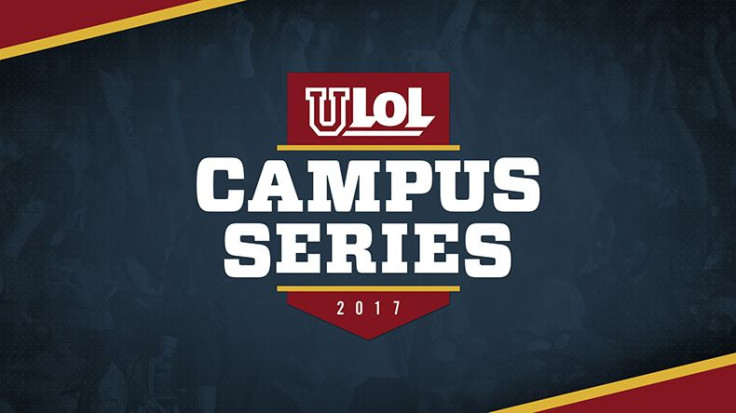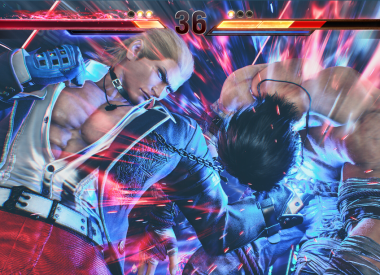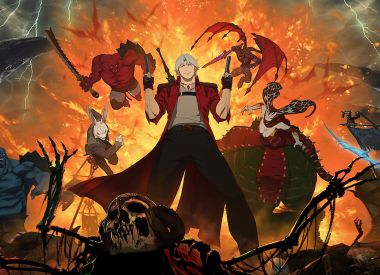Playing League of Legends in college is a rite of passage. Eating ramen at 2 a.m. while waiting in the loading screen for a ranked game to start, trying not to wake up your roommate even though you want to yell at your screen. Drinking just a bit more Red Bull so you have the energy to finally win your promotions and end up with the end of season border you rightly deserve.
I started playing LOL around three years ago in college, when a buddy from one of my classes showed me some VideoGameDunkey videos, and I’ve been hooked ever since. I was a filthy casual, but I met plenty of other League players at my school who had much bigger dreams, to become professional esports players. It might seem like a pipedream to me, but they really believed they could do it.
Riot has been helping those college kids with aspirations of League of Legends stardom by creating the uLOL Campus Series, a tournament specifically for college students. This year, Riot is teaming up with the Collegiate StarLeague so that even more teams can compete. The CSL organizes the whole event, allowing each school to showcase their talents without Riot’s intervention.
The uLOL Campus Series starts off by seeding each college into one of four regions: North, South, East and West. Starting on Jan. 14, teams will play a best-of-three against one of the other five members of their seeded group. The top two teams will move onto the bracket stage where they earn at least a $1,000 scholarship, up to $8,000 for first place.
If you are dying to become the next Doublelift and you think collegiate esports is your meal ticket, here’s everything you need to know:
Each school is only allowed one team, which needs to be registered on the CSL website. You can check to see if your school already has a registered club on the uLOL website .The full rules for the tournament can be read here.
This year, Riot plans to be stricter on who counts as a student. You have to be full-time student, unless you are in your last year of enrollment.
Teams are seeded in the group stage by overall team MMR, so players will most likely be going up against players of the same skill level.
This year, analysts and managers count as part of the team, so if your macro is better than your micro, this might be your chance. There might be a Diamond jungler in your school who you know you can’t out farm, but you might be able to instruct him on proper meta picks and jungle clears. Just because you can’t play well doesn't mean you can’t break into esports.
Don’t be afraid to fail. Only the top teams are going to make it through, and chances are your buddies in Gold III won’t stand a chance against a Master tier collective. Competing gets your name out there, and your college will notice. Show them that videogames can be more than a waste of time, you never know what might happen.


















